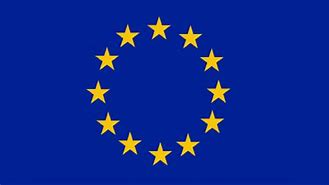After extensive deliberations within the EU institutions, the European AI Act has officially come into force today. This landmark regulation is set to transform the landscape of artificial intelligence deployment across the member states. One of the most significant provisions of the AI Act is the prohibition of social scoring, where AI systems evaluate individuals based on their social behavior. Such practices have raised widespread ethical and privacy concerns, leading to their outright ban under the new rule.
The AI Act categorizes various AI applications based on their risk levels, imposing stringent requirements on high-risk uses. These include applications in essential areas such as recruitment processes, judicial systems, border control mechanisms, and the educational sector. The goal is to ensure that AI systems in these critical domains operate with the highest standards of transparency, fairness, and accountability.
Implementation Timelines and National Supervision
The implementation of the AI Act will be a gradual process, extending until 2027. This phased approach allows member states and stakeholders to adapt to the new regulations without overwhelming disruptions. Specific interim deadlines have been set for member states to comply with certain requirements. For instance, within a year, each member state must designate national authorities responsible for overseeing the enforcement of the AI rules.
Germany, like many other EU countries, is already engaging in vigorous debates about the appointment and roles of these supervisory bodies. These discussions highlight the complexities and challenges of enforcing such comprehensive regulations across diverse legal and administrative landscapes. The establishment of these national authorities is crucial for ensuring consistent and effective implementation of the AI Act across the EU.
Summary
- The European AI Act is now in effect, marking a significant shift in AI regulation within the EU.
- Social scoring by AI systems is strictly prohibited under the new rules.
- High-risk AI applications must meet stringent requirements, particularly in recruitment, justice, border control, and education sectors.
- The act will be implemented in stages, with full compliance expected by 2027.
- Member states must designate national supervisory authorities within a year, sparking debates in countries like Germany.
